10 Most Influential Leaders of Europe
Discover the top 10 most influential European leaders in history, from Napoleon Bonaparte to Queen Elizabeth I. Explore their accomplishments, reforms, and lasting impact on society. Learn about the rankings based on extensive research using an algorithm that considers Wikipedia PageRank, readership, and achievements.
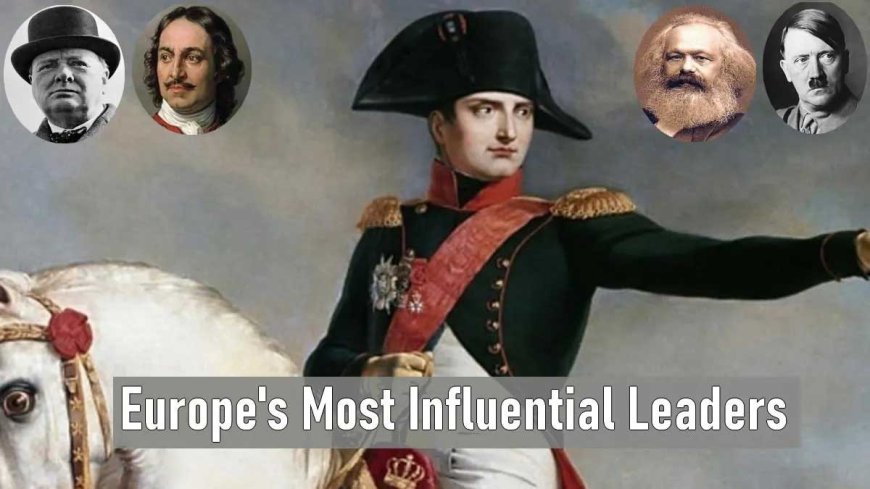
Throughout history, numerous leaders have exerted significant influence over their people. Some have been celebrated for their accomplishments, while others, like Caligula and Nero, have been portrayed in the worst possible light. In the modern world, the rivalry between Vladimir Putin and Barack Obama for the title of the most powerful person has captured widespread attention. Even technology has joined the quest to identify the most influential individuals in history.
In their book titled "Who's Bigger: Where Historical Figures Really Rank," computer science professor Steven Skiena from Stony Brook University and Google software engineer Charles B. Ward conducted extensive research using an algorithm that ranks historical figures based on Wikipedia PageRank, readership, and achievements. This research revealed several European leaders who have been considered the most influential in history. Here is a list of the top 10 most influential European leaders:
1. Napoleon Bonaparte
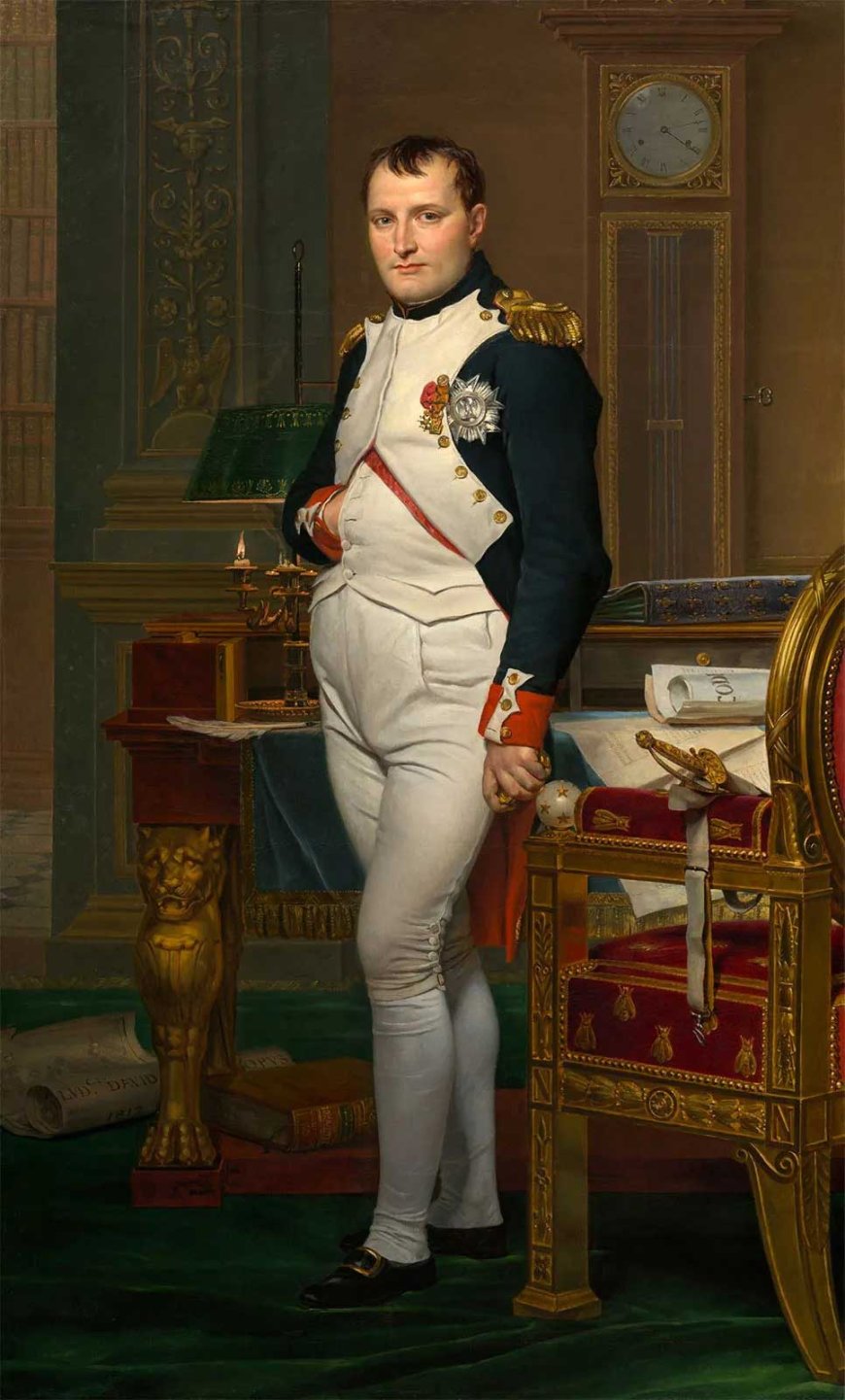
Napoleon Bonaparte, the Emperor of the French, introduced various liberal reforms across Europe, including religious tolerance and the abolition of feudalism. His Napoleonic Code directly influenced numerous civil law jurisdictions, and his military campaigns continue to be studied in military academies worldwide. Rising to power as the First Consul in 1799 through a coup d'état, Napoleon went on to become the French emperor in 1804. His conquests spanned the majority of continental Europe, but he met his ultimate defeat at the Battle of Waterloo in June 1815.
2. Adolf Hitler
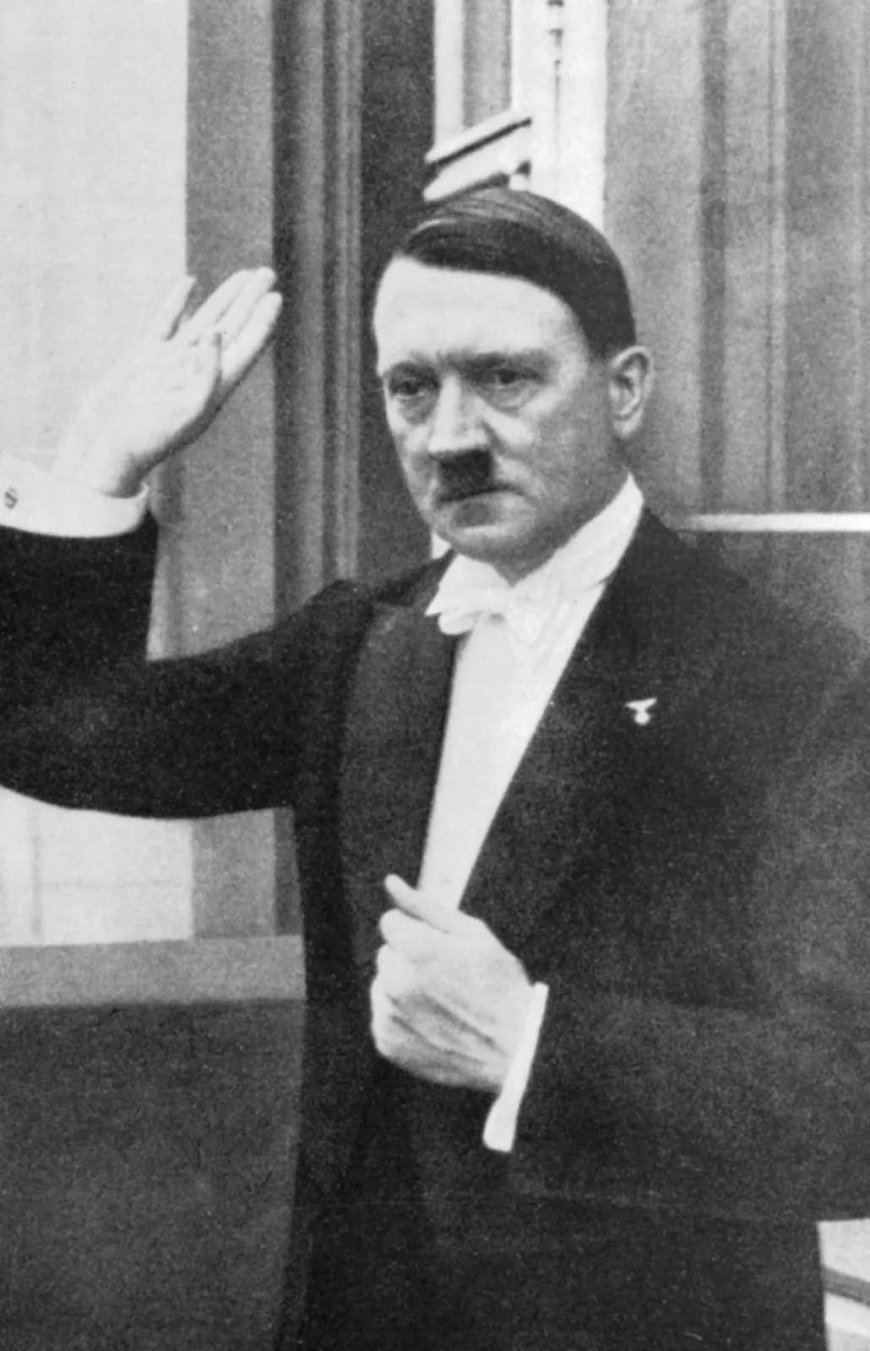
Adolf Hitler, the founder of the Nazi Party, served as the chancellor of Germany from 1933 to 1945 and became the dictator of Nazi Germany in 1934. He is infamously remembered for his role in World War II and the Holocaust. After his imprisonment following the Beer Hall Putsch, Hitler gained political momentum during Germany's Great Depression. As the sole ruler of Nazi Germany, he declared Britain as the main enemy and prepared for World War II, which ended in his defeat by the Red Army and the Western Allies in 1945.
3. Joseph Stalin
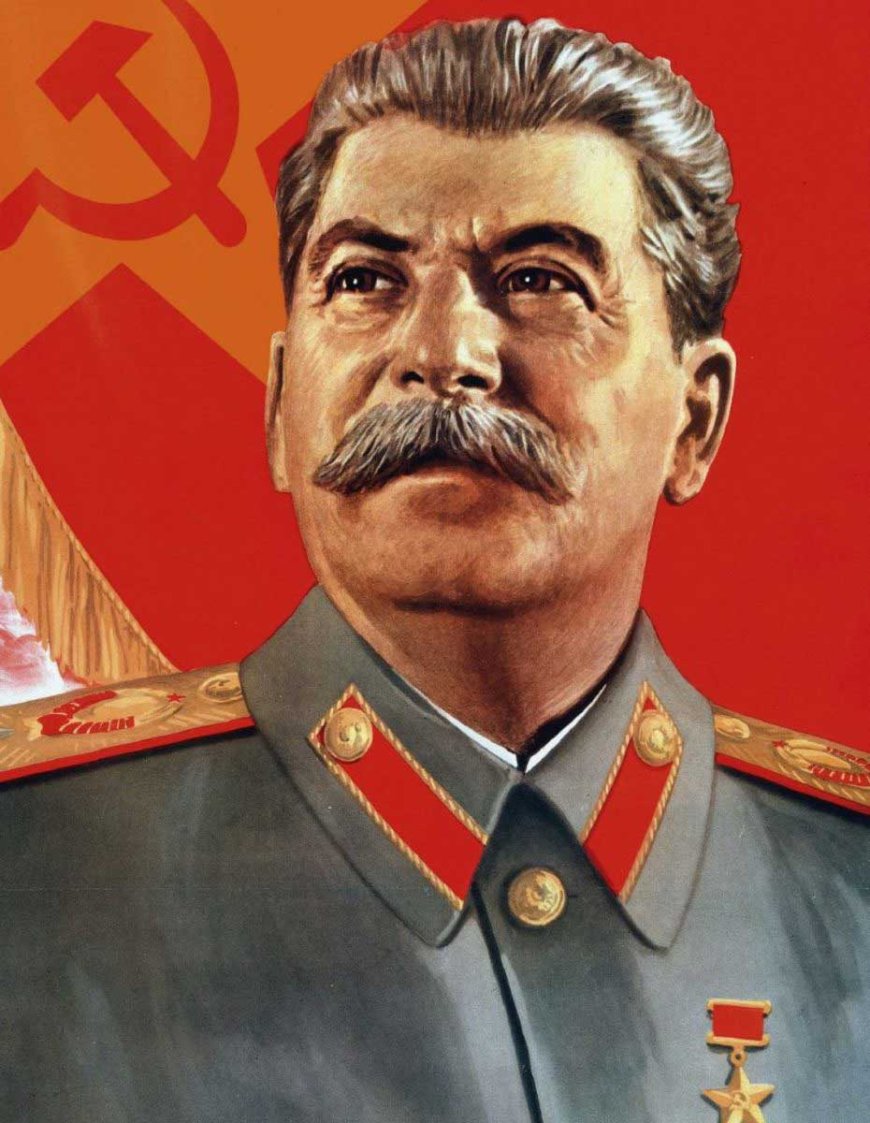
Joseph Stalin, the leader of the Soviet Union, implemented the concept of "socialism in one country" and replaced Lenin's New Economic Policy in the early 1920s. Stalin's rule saw the imprisonment of millions of dissidents in labor camps and the deportation of many others to remote areas. After signing a non-aggression pact with Nazi Germany in 1939, Stalin and Hitler divided influence and territory in Eastern Europe. However, Germany's violation of the pact led to a massive invasion of the Soviet Union in 1941. The Soviet forces, under Stalin's command, managed to halt the Nazi incursion, but not without heavy losses.
4. Peter the Great
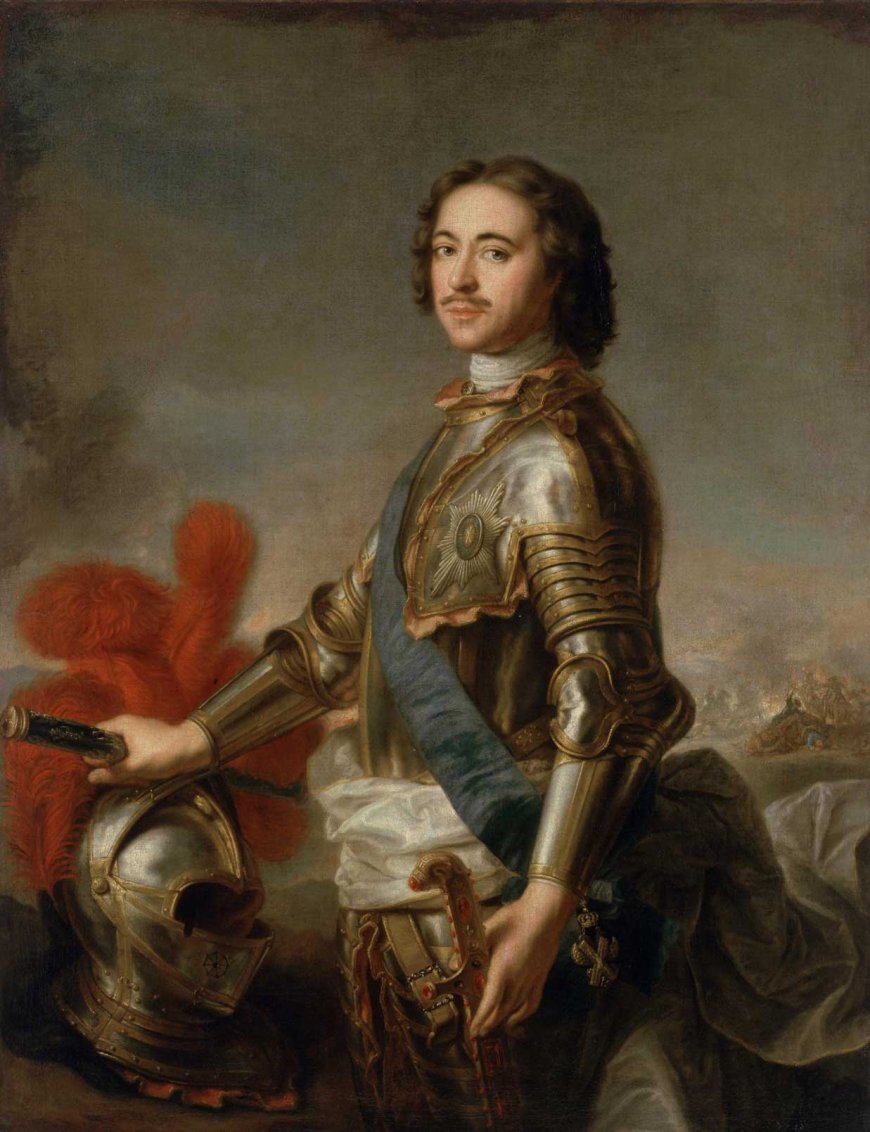
Peter the Great, the ruler of Tsardom of Russia and Russian Emperor, modernized and transformed many social and political systems based on Enlightenment principles in the 17th century. Through successful wars, he expanded the Tsardom of Russia into a major European power. As part of his reforms, he mandated modern clothing styles and shaving beards for courtiers, state officials, and the military. He established the first Russian Navy base in Taganrog in 1698. Although he faced defeat at the Battle of Narva, Peter the Great later captured the Swedish province of Livonia and occupied most of Finland after the Battle of Gangut in 1714. He officially became the Emperor of All Russia in 1721.
5. Benito Mussolini
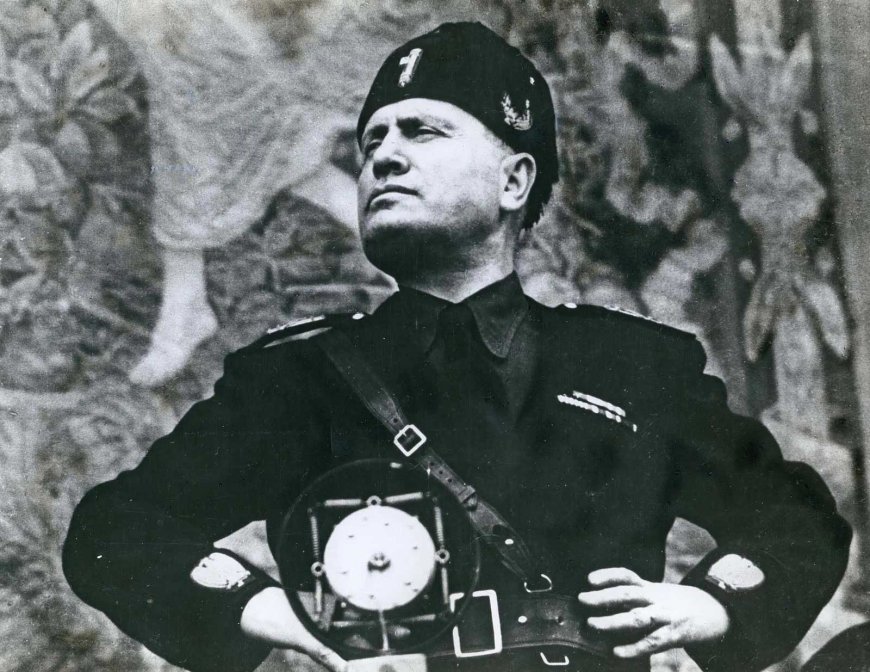
Benito Mussolini, the leader and founder of the National Fascist Party, served as the Prime Minister of Italy from 1922 until his expulsion in 1943. After initially ruling constitutionally, Mussolini established a legal dictatorship, eradicating all forms of democracy in Italy. Through a series of laws and the use of secret police forces, he achieved one-party dictatorship. Mussolini supported Germany during World War II, hoping to gain territorial access to France and initiate an offensive invasion in Egypt. However, he was defeated after the Allied invasion of Italy and subsequently arrested in 1943.
6. Henry VIII
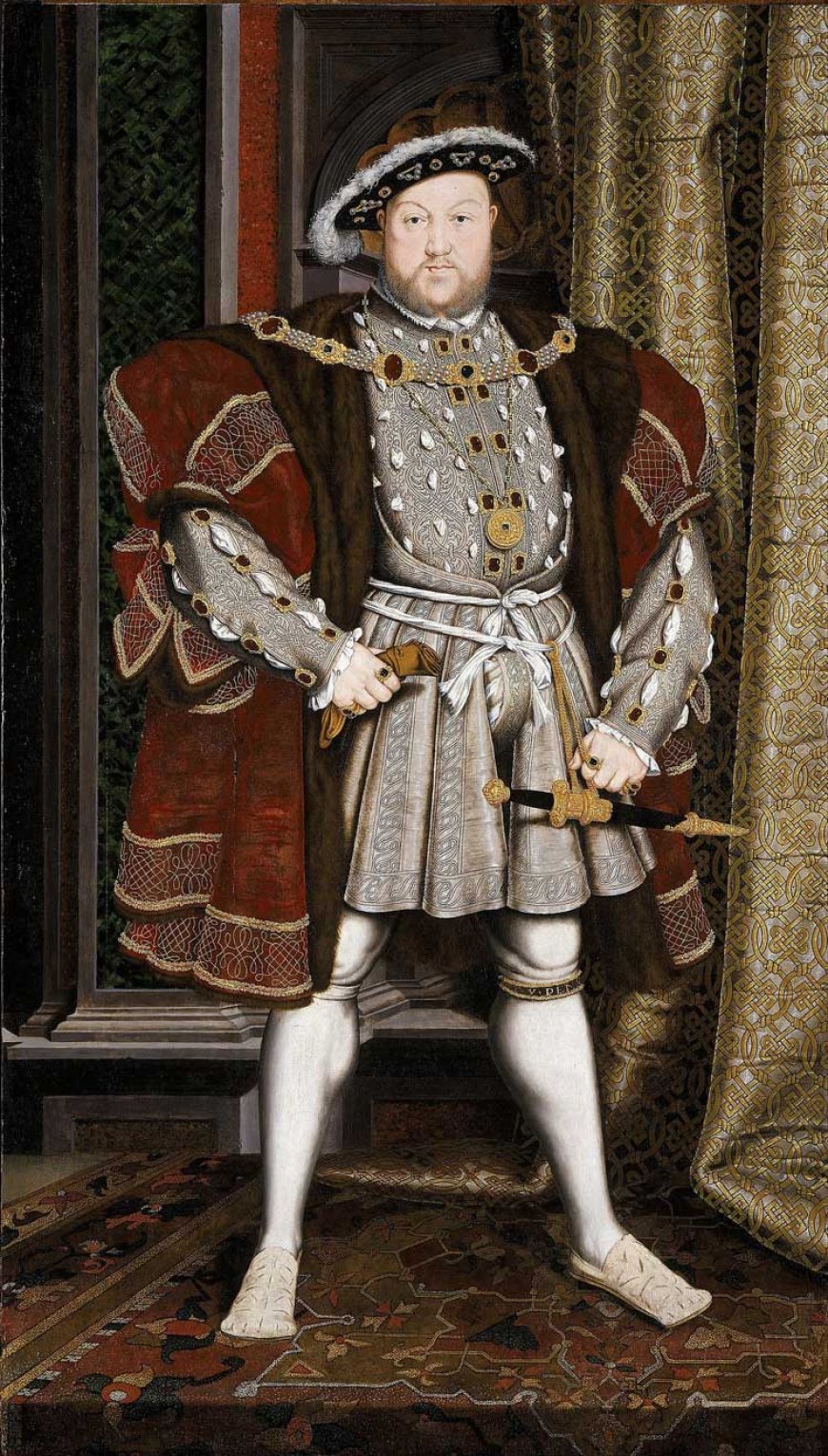
Henry VIII, the King of England and ruler of the Kingdom of France and Ireland, played a crucial role in the separation between the Church of England and the Roman Catholic Church. He dissolved the monasteries and established himself as the Supreme Head of the Church of England in 1536. His reign saw the union of England and Wales through the Laws in Wales Acts of 1535 and 1542. Known for his six marriages and personal rivalries, Henry VIII is described as one of the most charismatic rulers in English history.
7. Winston Churchill
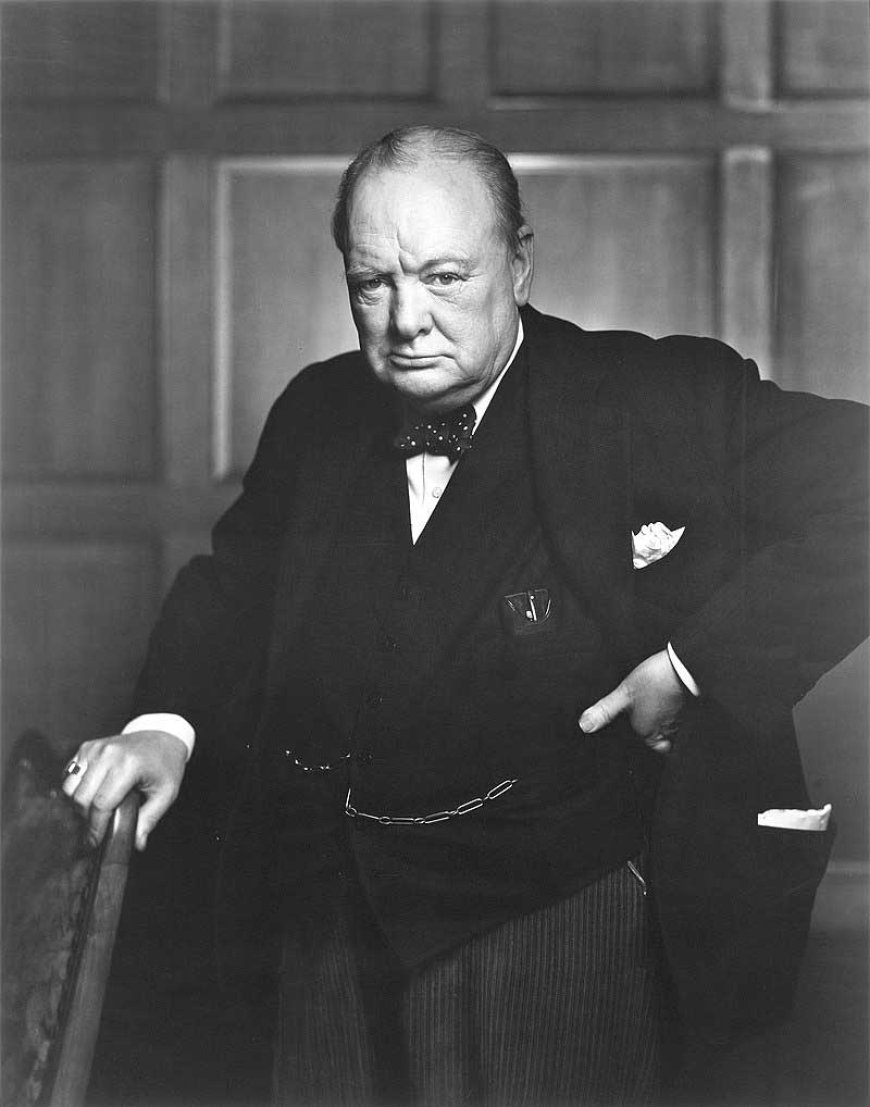
Winston Churchill, a British politician, is renowned as one of the most influential wartime leaders. He served as the Prime Minister of the United Kingdom from 1940 to 1945 and again from 1951 to 1955. Churchill, an officer in the British Army, was also a historian, writer, and talented artist. As Prime Minister, he led Britain to victory over Nazi Germany and was awarded the Nobel Prize in Literature in 1953. Churchill is widely regarded as the greatest Briton of all time.
8. Karl Marx
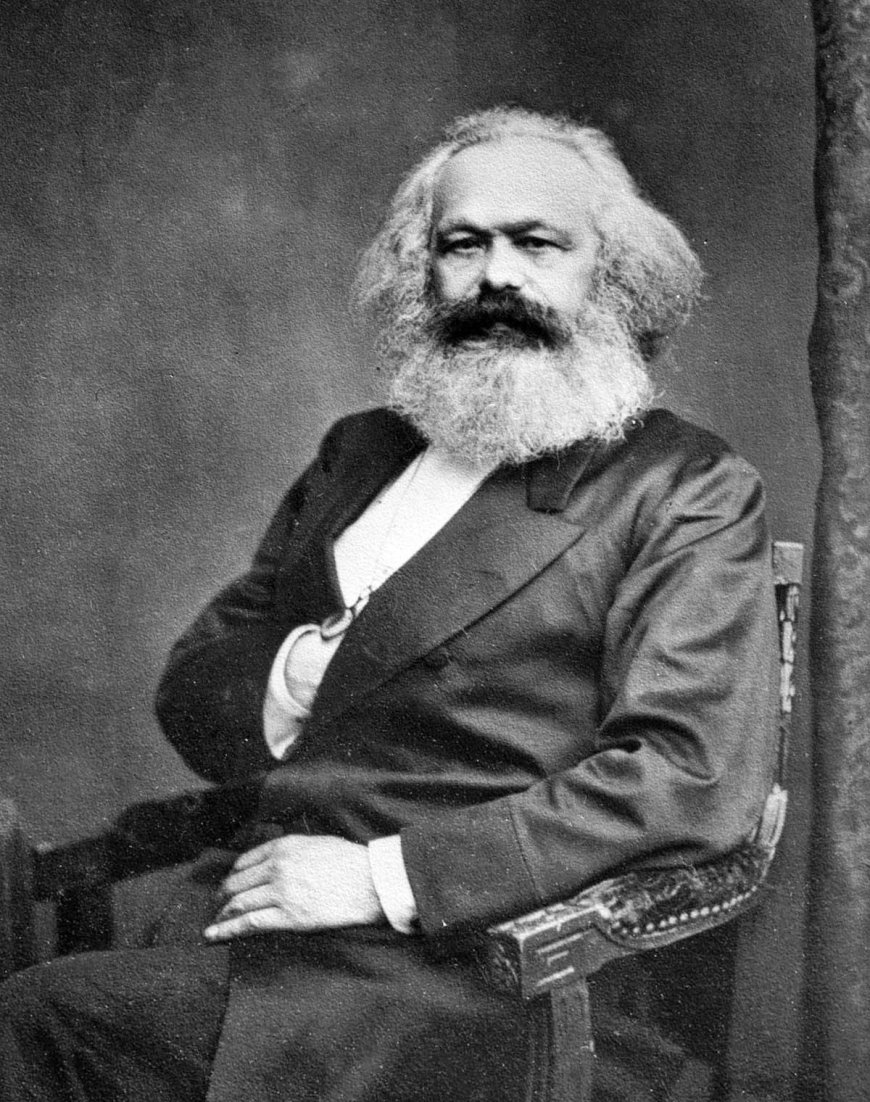
Karl Marx, a German philosopher, sociologist, economist, journalist, historian, and revolutionary socialist, is one of the principal architects of modern social science. His ideas about politics, economics, and society, collectively known as Marxism, have had a profound impact. Marx authored notable works such as "The Communist Manifesto" and "Das Kapital" and championed socialism, arguing that capitalism inherently leads to its own destruction. Governments following Marxist principles emerged in various countries during the 20th century, including the Soviet Union and the People's Republic of China.
9. Queen Elizabeth I
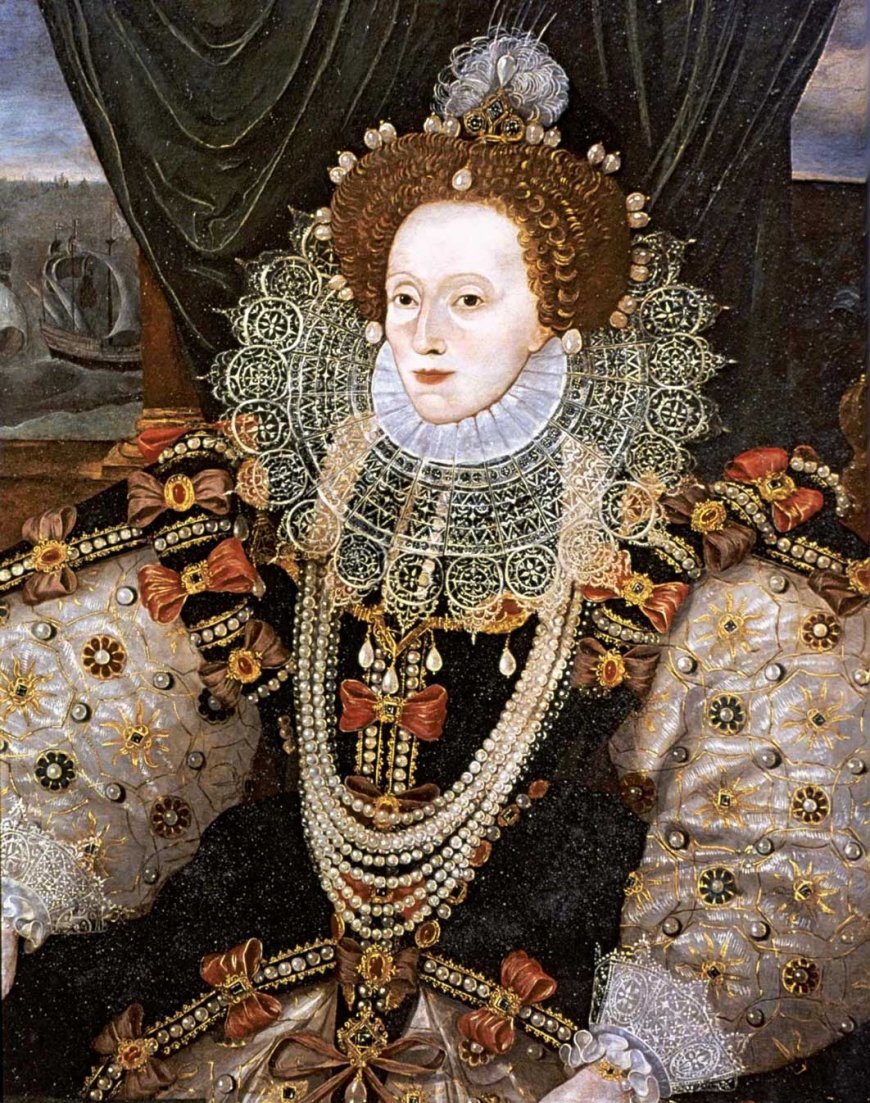
Queen Elizabeth I, the Queen of England and Ireland, is widely regarded as one of the most influential queens in European history. Her reign, known as the Elizabethan era, witnessed the flourishing of notable figures such as William Shakespeare, Christopher Marlowe, and Francis Drake. Elizabeth's rule saw the Elizabethan Religious Settlement, which established her as the Supreme Governor of the Church of England and allowed priests to marry. She led her government with relative tolerance and achieved significant military victories, including the defeat of the Spanish Armada in 1588.
10. Vladimir Lenin
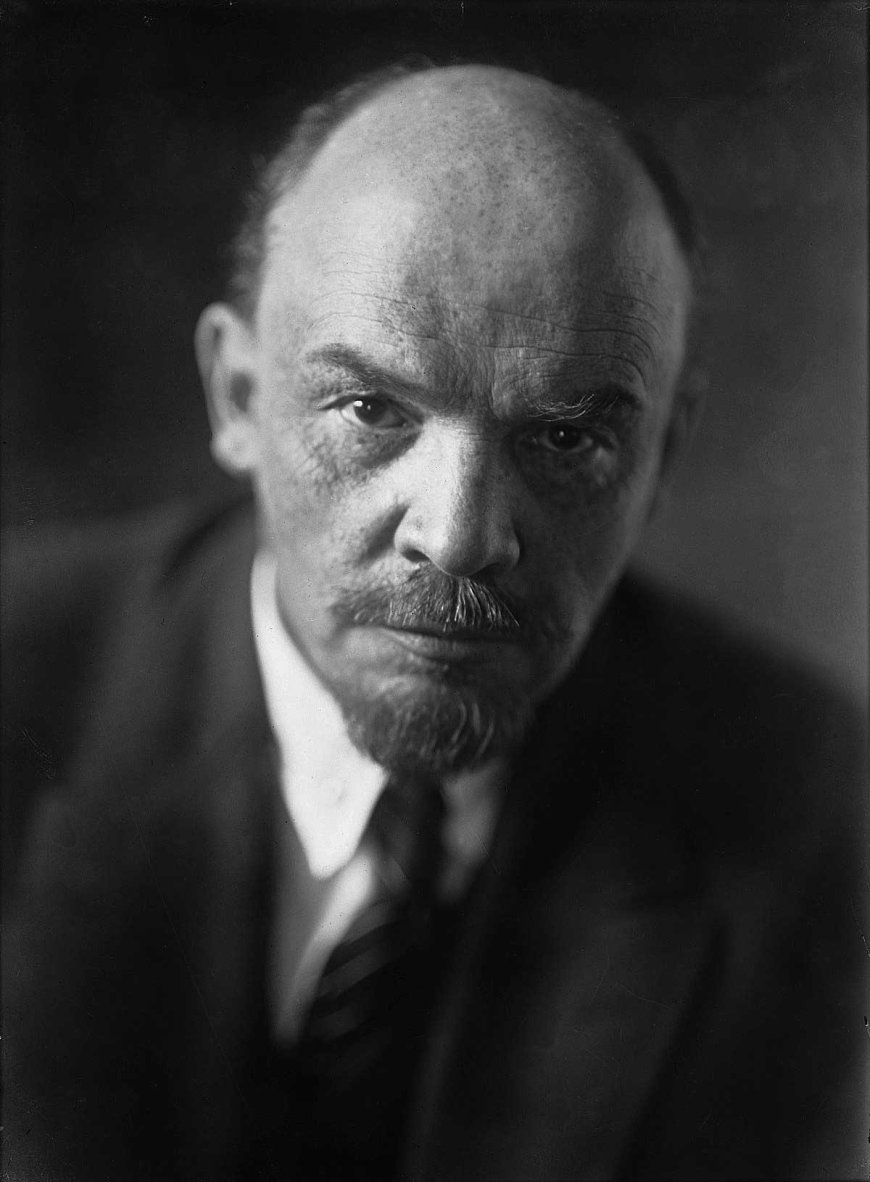
Vladimir Lenin, a Russian revolutionary communist politician and theorist, served as the leader of the Russian Soviet Federative Socialist Republic and the Premier of the Soviet Union from 1922 until his death. Under his administration, the Russian Empire was transformed into the Soviet Union. Lenin adhered to Marxist ideas and nationalized all wealth in the Soviet Union, including land, industries, and businesses. He played a key role in the October Revolution of 1917, which led to the establishment of the Russian Socialist Federative Soviet Republic. Lenin was named one of the 100 most important people of the 20th century by Time Magazine.
These leaders have left a lasting impact on their respective eras, from the 15th century to modern times. Their influence on society has shaped the ideas and structures of contemporary civilizations. However, when considering the dynastic era, two leaders stand out as the most influential of all time: Julius Caesar, regarded as the greatest Roman emperor, and Alexander the Great, who needs no introduction.
What's Your Reaction?



























































